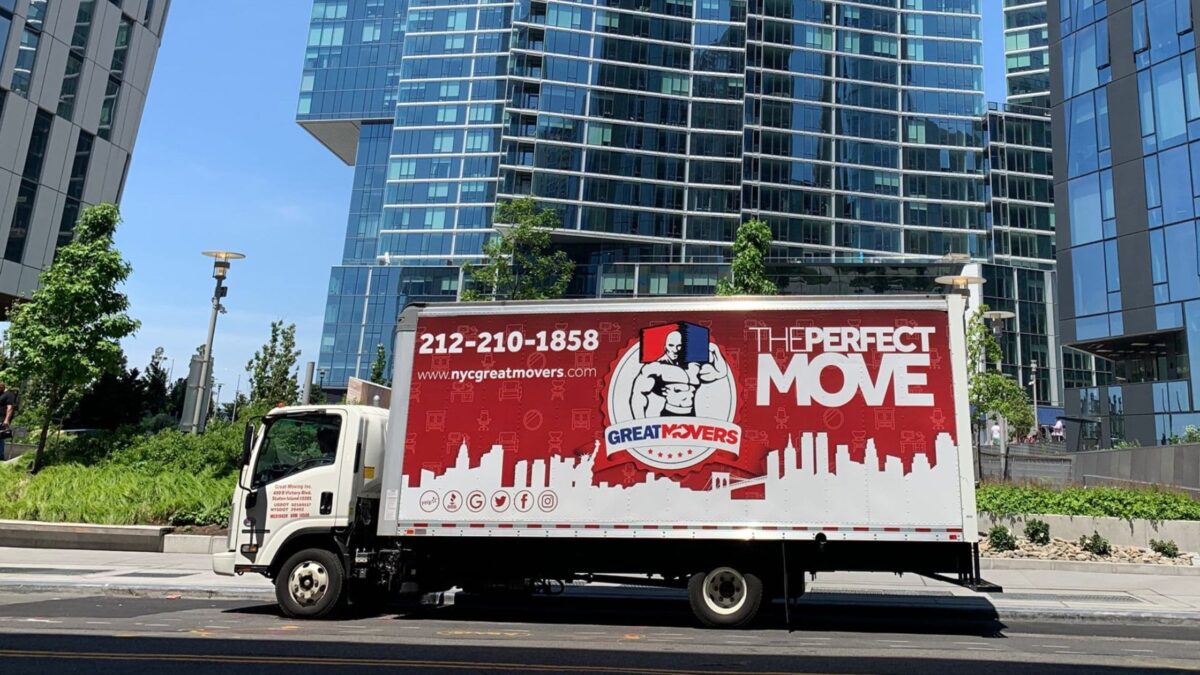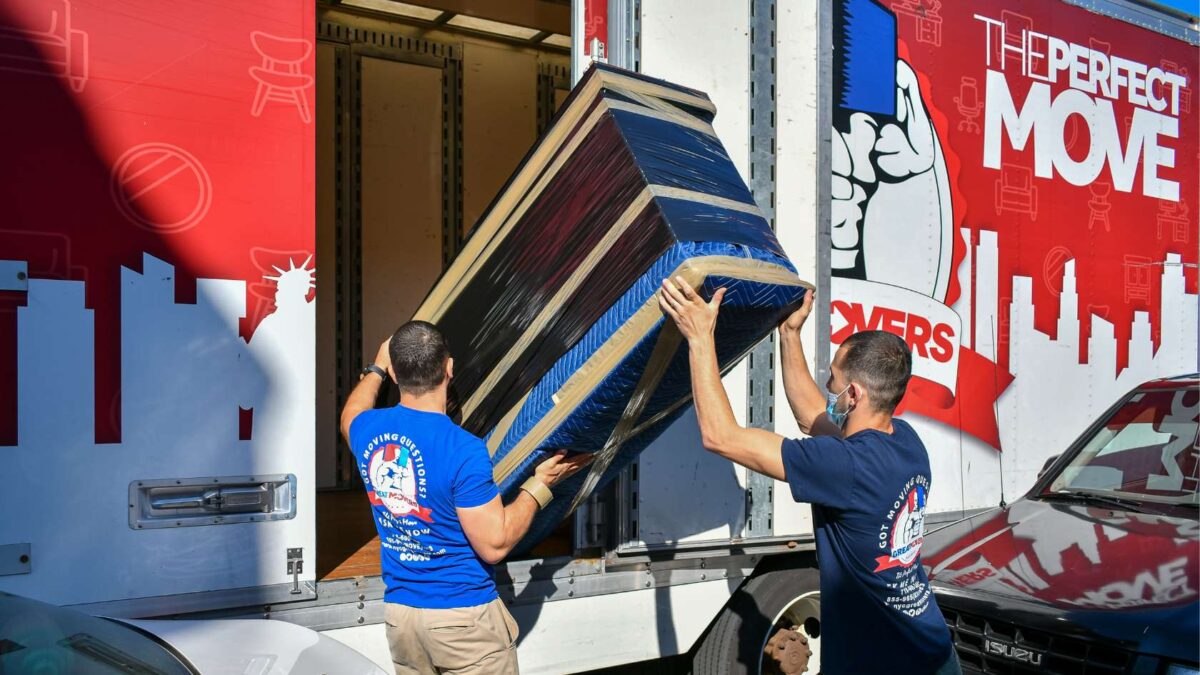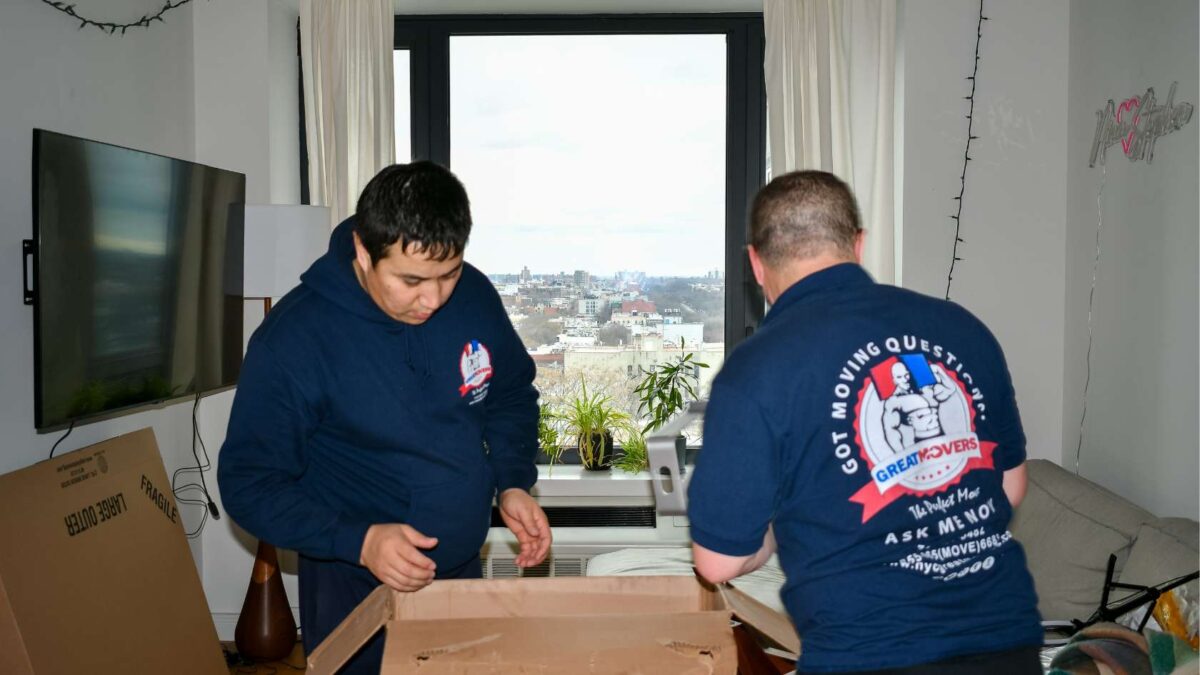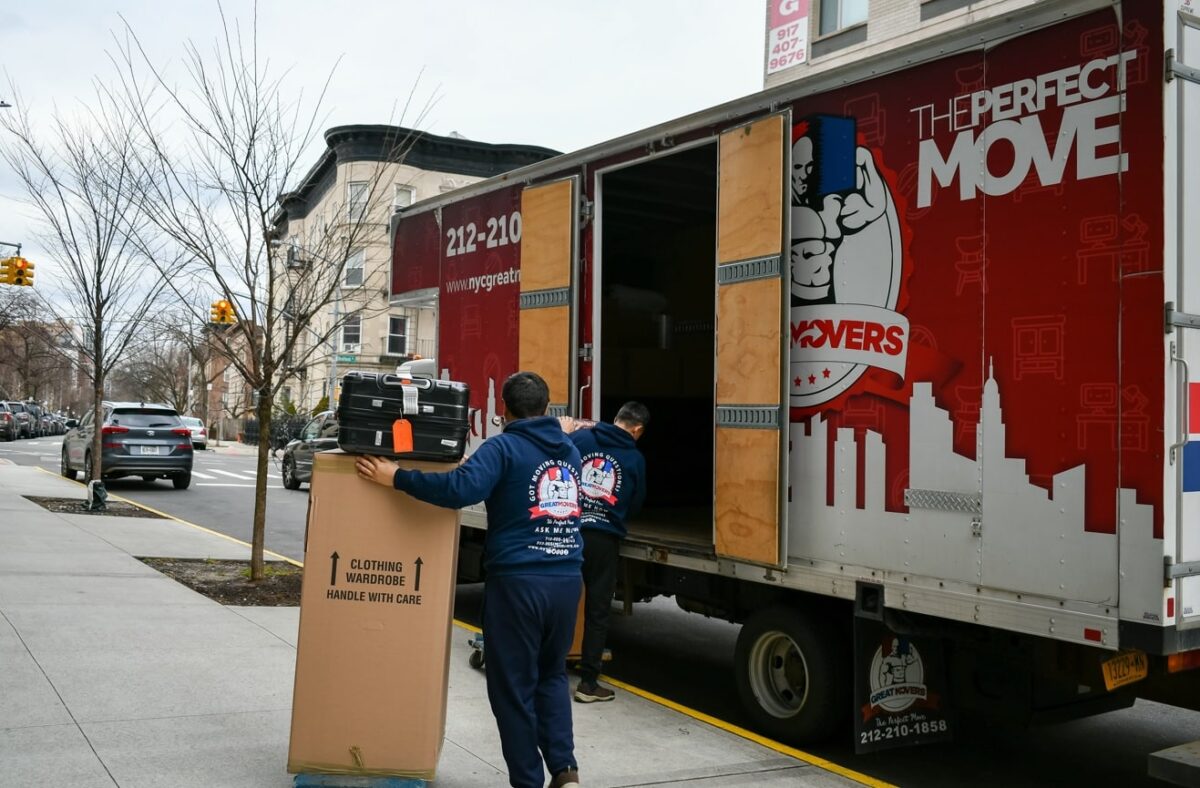Finding the right NJ moving company to help with your relocation can be a daunting process. Looking for a trustworthy affordable one can be even harder. With so many moving companies in NJ to choose from, it’s important to take the time to do your research and find one that matches your needs and budget. Luckily, the steps below can help you find an NJ moving company that is affordable and trustworthy.
Start Early
The sooner you can start your research, the better. While there are hundreds of reliable companies in NJ (including NJ Great Movers), there are also plenty of scams out there. The more time you give yourself to research companies, the better odds you’ll have of finding a reputable one. Ideally, you should start your search at least a month before you plan on moving out of your current home. You might want to start earlier if you’ve moving during peak season which is from May through September.
Of course, sometimes you won’t have the luxury of time. If you need to move out in a hurry, you should still take some time to do as much research as possible and don’t go for the first company that offers you a good deal. Ask questions, look up reviews, and most of all, trust your instincts. If it seems too good to be true, it probably is. And if the moving companies seem to be dodging your questions or trying to pressure you into signing the estimate, they’re probably trying to scam you. Look for companies that provide full answers, are helpful, and most of all, have an active Department of Transportation (DOT) number listed on their site.
Ask for Recommendations
No moving company is going to say that they’re bad or mediocre. Every single one will claim that they are the best. Instead, ask people you know first for recommendations. You’ll likely get better advice and feedback from them since they can provide you with reliable information regarding their experience.
After that, go online and look for customer reviews about cheap NJ movers. There are plenty of review sites online that you can check and you can even join some online groups and ask its members their opinion on various moving companies. When checking online reviews, take it with a grain of salt. The moving companies themselves create the listings on these sites and can manipulate the reviews to make themselves look good.
While you’re at it, make sure to look the company up on the Better Business Bureau and look for complaints. You should also look up the DOT number online to make sure the company still has a valid registration with the state and federal government.
Call the Movers
Once you’ve narrowed your choices down, it’s time to look up the movers themselves. Check out their website to make sure that they have things like a DOT number listed on their site, a business email, phone number, and address. From there, check the DOT site to ensure the name of the company and address listed on the site matches what is registered with the DOT.
If everything checks out, give the movers a call. When answering the phone they should say the company’s name not a generic “movers” or “moving company” or, worse, their name. If you do hear the latter, move on to the next company. In case everything is fine, ask for an estimate. Most companies will either need a virtual or in-person tour to see what you are bringing with you. Make sure to convey important information like if you need them to navigate stairs or other things like dealing with building management. These could add to the estimate.
Most estimates should be within the same range give or take $10-20. If the estimate is suspiciously low, it’s likely a scam. Ask the company for clarification and make sure there aren’t any hidden costs. Always discuss every aspect of the move including additional services like packing and unpacking, storage, furniture disassembly, insurance, etc. If you’re working with professional NJ movers you should have released value protection included for free, but it doesn’t hurt to ask. If it’s not included, RUN! By law, all professional moving companies need to offer this for FREE.
Quality Over Price
Even if you’re moving on a tight budget, it’s important to understand that you get what you pay for. Renting a van might be an inexpensive option, but you’ll spend a lot of time doing the moving yourself. And unless you have people to help or the appropriate equipment, moving bulky or large pieces of furniture will be out of the question. Even with help, you could easily injure yourself carrying boxes or other items because you don’t know proper technique or know moving safety guidelines. There’s nothing worse than having to move into a new place while injured.
Even when hiring professional movers, it can be worth it to go with a company that is a bit more expensive but has great recommendations and reviews. An experienced company will be able to efficiently and safely move all your belongings from one place to another in a few hours. Not only that, but they’ll have all the appropriate equipment and materials for a successful relocation.
When it comes to cutting costs, one of the easiest places to save money is with packing supplies. While they should be sturdy and durable, you don’t have to buy them new. In fact, you should try to use as many things in your home as possible such as bags, plastic bins, suitcases, etc. If you’re low on boxes, ask your local supermarket to see if they have any extra boxes or papers lying around. You should be able to scrounge up enough, but if not, you will only have to buy a handful of boxes instead of a couple dozen.
Ready to Move?
Whether you’re making a local or long distance move, NJ Great Movers can help. Our highly qualified employees can provide you with useful information and help with creating your custom moving plan. Just give us a call and we’ll walk you through the process.



